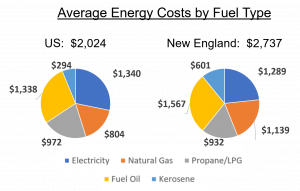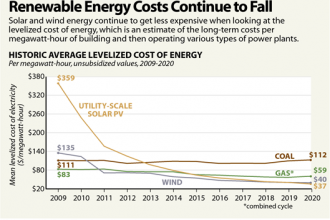Money-related bet the chiefs is ordinarily a serious requirement for individuals in freed influence markets as a result of the tremendous expense and volume takes a risk that the business areas can show. A result of the unpredictability of a rebate power market can be extraordinarily exorbitant expense insecurity in the event of zenith premium and supply lacks. The particular credits of this Irving Power to Choose Alternative Rates risk are especially dependent upon the genuine basics of the market, for instance, the mix of kinds of old enough plants and the association between demand and climatic circumstances. Esteem dangers can be manifest by cost “spikes” which are hard to expect and cost “steps” when the secret fuel or plant position changes for broad stretches.
Volume risk is habitually used to mean the quirk by which power market individuals have uncertain volumes or measures of usage or creation. For example, a retailer can’t definitively predict client interest for a particular hour over several days into the future and a producer can’t expect the specific time that they will have a plant power outage or lacks fuel. A heightening component is similarly the typical association between’s silly expense and volume events. For example, cost spikes a significant part of the time happen when a couple of creators have plant power outages or when a couple of customers are in a period of zenith use. The introduction of huge proportions of unpredictable power sources, for instance, wind energy could impact market costs.

Power retailers
- who in total purchase from the discount market, and generators who in the total offer to the discount market, are presented to these cost and volume impacts, and to safeguard themselves from unpredictability, they will go into “support contracts” with one another. The construction of these agreements shifts by the provincial market because of various shows and market structures.
- Be that as it may, the two least difficult and most normal structures are straightforward fixed cost forward agreements for actual conveyance and agreements for contrasts where the gatherings settle on a strike cost for characterized periods. On account of an agreement for distinction, if a subsequent discount cost file in any period is higher than the “strike” value, the generator will discount the contrast between the “strike” cost and the genuine cost for that period.
- Likewise, a retailer will discount the distinction to the generator when the genuine cost is not exactly the “strike cost”. The genuine cost list is at times alluded to as the “spot” or “pool” cost, contingent upon the market. Numerous other supporting plans, for example, swing contracts, virtual offering, Monetary Transmission Privileges, call choices, and put choices are exchanged in modern power markets. As a rule, they are intended to move monetary dangers between members.
Retail Energy Market
A retail power market exists when end-use clients can pick their supplier from fighting power retailers; one term used in the US for this sort of buyer choice is ‘energy choice’. An alternate issue for power markets is whether customers face consistent assessing (costs in light of the variable rebate cost) or a worth that is set in another way, similar to typical yearly costs. In numerous business areas, customers don’t address light of the continuous expense and subsequently have no stimulus to decrease demands in the event of high (markdown) costs or to move their advantage to various periods.
Demand response could use esteeming parts or concentrated replies to diminish top interest. Regardless, it is doable to have a singular power age association yet have a retail challenge. On the off chance that a rebate cost can be spread out at a center on the transmission structure and the power sums at that center point can be obliged, competition for retail clients inside the dissemination system past the center point is possible. In the German market, for example, tremendous, in a vertical bearing composed utilities rival each other for clients on an essentially open system.




